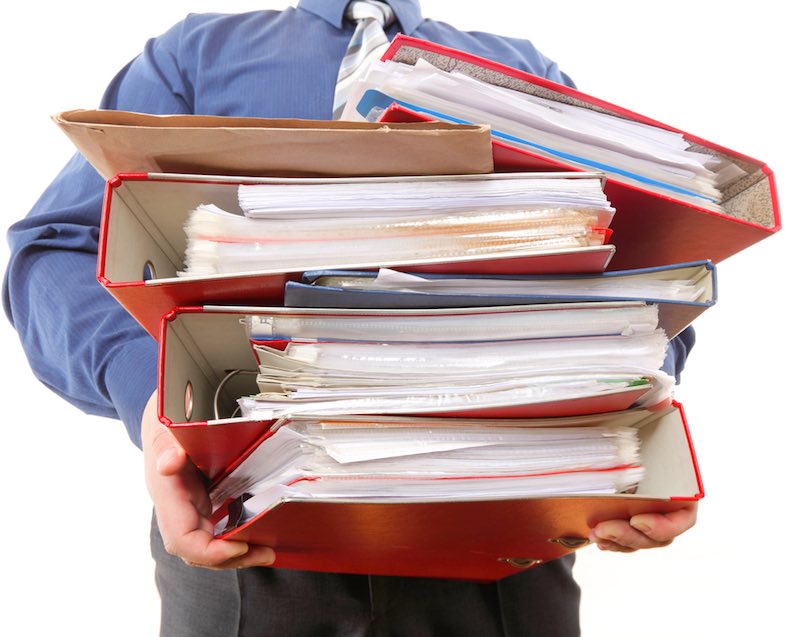The other day, the New York Times ran a story that spoke to one of my favorite topics: keeping our minds clear.
The subject was the seemingly-endless barrage of news stories about the current administration, and the challenges of navigating your mind to be free of it all.
Whomever you voted for, whatever your political persuasion (and I’m making a point here that transcends politics, however fascinating or dire they might be at the moment) — perhaps one of our greatest challenges in this cultural moment is retaining our focus on what truly makes our hearts come alive.
I’m not suggesting that you keep your head in the sand — but that you would be mindful of what you’re feeding your mind upon.
Because right now, the world is SWIMMING in negativity. And you need to be serious and proactive about protecting yourself from it. Because — if you don’t — it’ll kill your career, kill your business, kill your dreams and everything you really care about.
The mass news media is NOT your friend. Neither are these ever-increasing niche-oriented outlets who yell with (and at) their particular choirs and who point out the massive failures of “the other side”.
They feed on fear, and they sell paranoia, division and hyperbole. It’s what they do.
And not only must you protect YOURSELF from this drip, drip, drip of chaos and depression, you need to fight it on behalf of your co-workers, your friends and (especially) your children and family.
Now then. Let’s move to something a little lighter — and more oriented around what you can actually control: your finances, specifically your financial records.
So, speaking of keeping ourselves clear…
Paredes’ Guide To Keeping Financial Records
“Our lives are frittered away by detail; simplify, simplify.” -Henry David Thoreau
With spring in full swing, let’s apply those cleaning instincts to our financial world one of these days, shall we?
This is a guide I post every so often, because even in the days of cloud-document storage, it’s important to have hard copies lying around — in a safe place, of course. If you don’t have a full safe, these are the sort of documents for which you may want to invest in a fire safe, at least.
But here is what you should consider for how long to keep them … and which ones you can safely trash.
Taxes: Seven years
Paredes’s Reasons Why:
There are three, actually:
1) The IRS has three years from your filing date to audit your return if it suspects good-faith errors.
2) The three-year deadline also applies if you’d like to make some sort of amendment because you discover a mistake in your return and can claim a refund.
3) The IRS has six years to challenge your return if it thinks you underreported your gross income.
All this adds up to keeping that info for seven years. Beyond that, there’s no reason — except for posterity.
IRA contribution records: Permanently
Paredes’s Reasons Why:
You’ll need to be able to prove that you already paid tax on this money when the time comes to withdraw.
Bank records: Usually just one year
Paredes’s Reasons Why:
Those related to your taxes, Chatsworth, CA business expenses, home improvements and mortgage payments will obviously need to be included for next year’s taxes. But unless there is some sort of emotional or posterity reason, get rid of everything after one year.
Brokerage statements: Until you sell
Paredes’s Reasons Why:
To prove whether or not you have a capital gain or loss for tax purposes; after this point, shred it.
Household bills: From one year to permanently
Paredes’s Reasons Why:
When the canceled check from a paid bill has been returned, you can shred the bill with a clear conscience. However, bills for big purchases — such as jewelry, rugs, appliances, antiques, cars, collectibles, furniture, computers, etc. — should be kept in an insurance file for proof of their value in the event of loss or damage.
Credit card receipts and statements: 45 days/Seven years
Paredes’s Reasons Why:
Some families don’t even bother to match up their statements, but if you do so, shred the receipts once you’ve verified everything. There’s no reason to keep everyday receipts beyond this point. For tax-related purchases, you need only keep the statements for seven years — after that, shred it, baby!
Paycheck stubs: One year
Paredes’s Reasons Why:
This is to verify that when you receive your annual W-2 form from your employer, the information from your stubs match. If so, shred all of the stubs … if not, request a corrected form, known as a W-2c. After that’s been handled — shred.
House/condominium records: Six years/permanently
Paredes’s Reasons Why:
You’ll want to keep all records documenting the purchase price and the cost of permanent improvements — such as remodeling, additions and installations as well as records of expenses incurred in selling and buying the property, such as legal fees and your real estate agent’s commission, for six years after you sell your home.
Holding on to these records is important because any improvements you make on your Chatsworth, CA house, as well as expenses in selling it, are added to the original purchase price or cost basis. Therefore, you lower your capital gains tax when you sell your house.
Warmly,
Enzo Paredes
(818)435-2321
New Era Tax & Accounting









